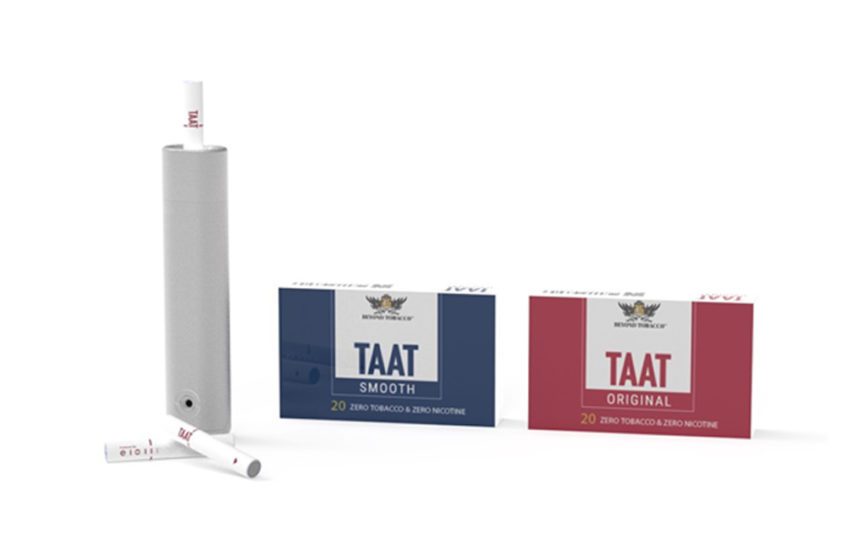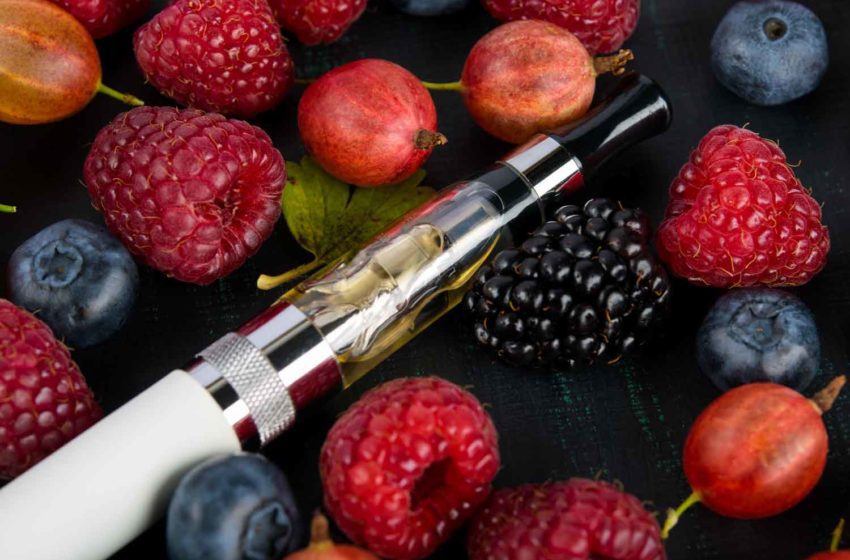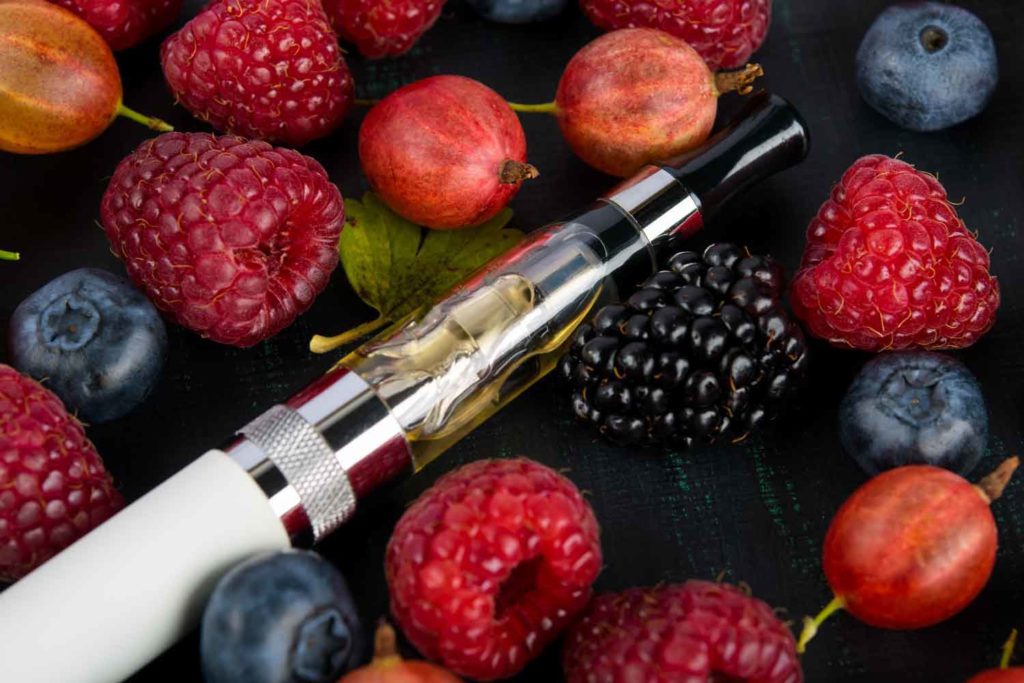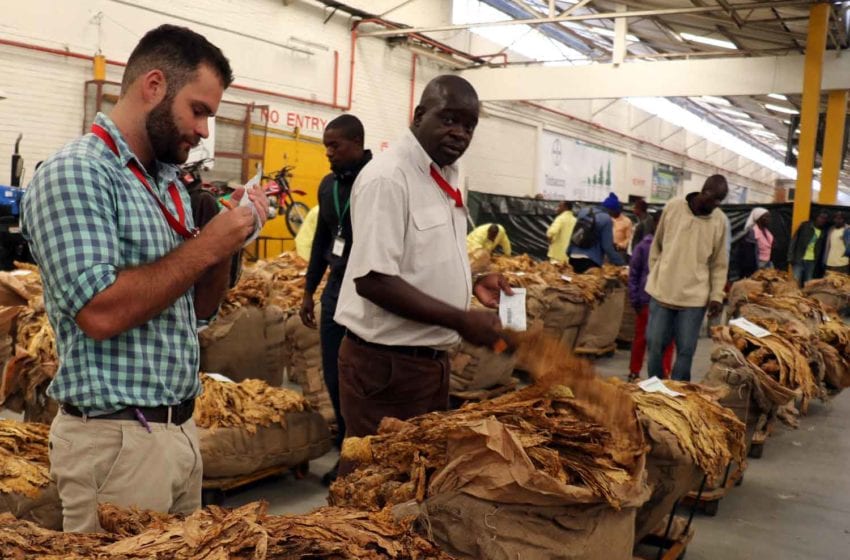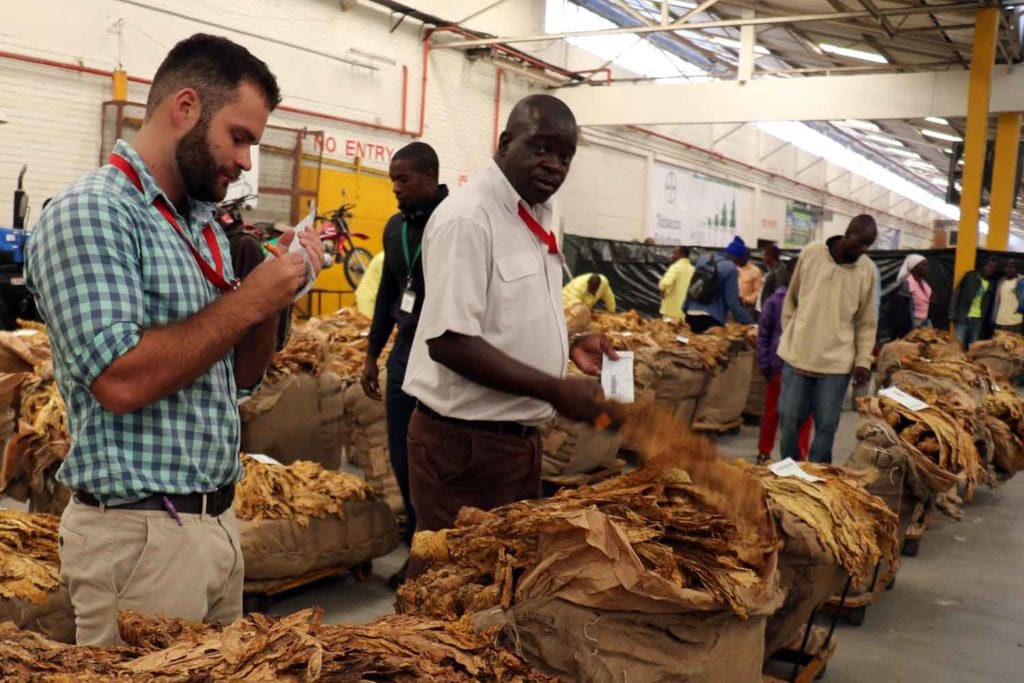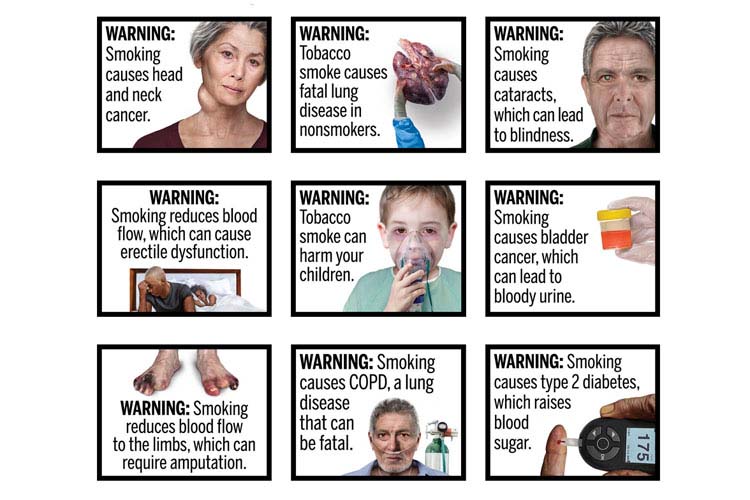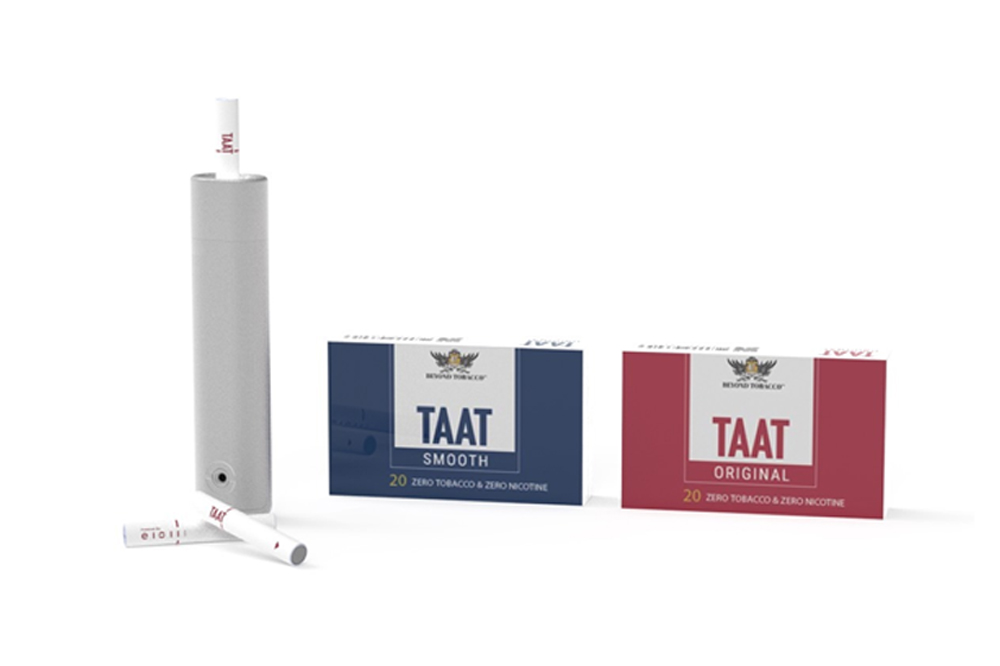
Taat Global Alternatives has signed a letter of intent with a U.S. subsidiary of Shanghai Shunho New Materials Technology Co. to undertake development work for a white-labelled heat-not-burn device as well as heatable sticks containing Taat’s proprietary tobacco-free and nicotine-free Beyond Tobacco material in all three flavors (original, smooth, and menthol).
As heat-not-burn has proven to retain users exceptionally well compared to other tobacco cigarette alternatives, Taat has identified the opportunity to build upon its existing international market share in the tobacco industry by planning an expansion into the heat-not-burn category with a tobacco-free and nicotine-free offering that would be among the first of its kind in the United States.
In addition to procuring heatable Taat sticks made using the company’s Beyond Tobacco material, Shunho’s U.S. subsidiary is to supply a proprietary heat-not-burn device on a “white-label” basis, which is to be commercialized in the United States under the Taat brand name. Uniquely, this device will offer reverse compatibility with heated tobacco sticks offered by the company’s competitors, as well as the Taat original, smooth, and menthol heatable sticks.
Headquartered in Shanghai, Shunho is a renowned tobacco ancillary service company that has worked closely with international tobacco companies. Under Shunho, there is a portfolio of firms that are currently developing next-generation electronic cigarette and vaporizing products. Taat will be the first foreign third-party with whom a Shunho subsidiary has partnered for white-label production of heat-not-burn products. Additionally, distribution services will be provided for the Taat heat-not-burn offerings through various in-house and third-party e-commerce channels in the United States.
“The reason we chose to pursue the heat-not-burn segment is because it is the most ‘sticky’ option out of all commercially available alternatives to cigarettes,” said Taat CEO Setti Coscarella in a statement. “The tobacco industry has invested heavily in cultivating a user base for heat-not-burn to the point that it may even replace major brands of tobacco cigarettes altogether in certain markets.
“We are excited to be leveraging innovative technologies to create a unique nicotine-free and tobacco-free experience using heat-not-burn for consumers who currently use and prefer this method. Because the Taat heat-not-burn device will work with Taat sticks as well as certain competitors’ heatable tobacco sticks, we believe this strategy authentically embodies our values as a company by providing consumers the choice and flexibility they deserve to have.”

